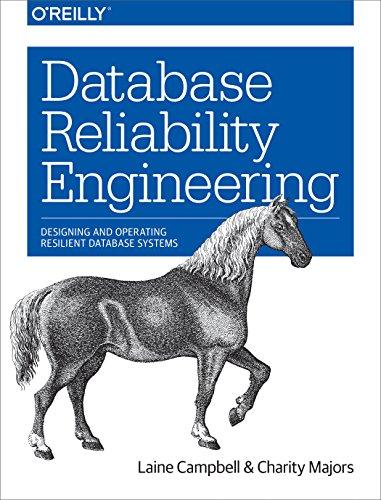Question
I need only one C++ function . It's C++ don't write any other language. Write unzip function with main function take time don't give wrong
I need only one C++ function . It's C++ don't write any other language.
Write unzip function with main function take time don't give wrong answer to get thumbs down
Example:
Thus, if we had a file with the following contents: 10a4b
unzip function would turn it (logically) into: aaaaaaaaaabbbb
Hello I need unzip function here is my zip function below. So I need the opposite function unzip.
Instructions:
The next tools you will build come in a pair, because one (zip) is a file compression tool, and
the other (unzip) is a file decompression tool.
The type of compression used here is a simple form of compression called run-length encoding (RLE). RLE is quite simple: when you encounter n characters of the same type in a row, the compression tool (zip) will turn that into the number n and a single instance of the character.
Thus, if we had a file with the following contents: 10a4b the tool or unzip  function would turn it (logically) into: aaaaaaaaaabbbb
function would turn it (logically) into: aaaaaaaaaabbbb
So write the C++ unzip function that will turn 10a4b into aaaaaaaaaabbbb opposite of zip function. I'll make a txt file example like file.txt that will have 10a4b text once I will run your unzip function it will turn into aaaaaaaaaabbbb. I tested my zip function on terminal and it's working perfectly.
The next tools you will build come in a pair, because one (wzip) is a file compression tool, and
the other (wunzip) is a file decompression tool.
The type of compression used here is a simple form of compression called run-length encoding (RLE). RLE is quite simple: when you encounter n characters of the same type in a row, the compression tool (wzip) will turn that into the number n and a single instance of the character.
Thus, if we had a file with the following contents: aaaaaaaaaabbbb the tool would turn it (logically) into: 10a4b
However, the exact format of the compressed file is quite important; here, you will write out a 4-byte integer in binary format followed by the single character in ASCII. Thus, a compressed file will consist of some number of 5-byte entries, each of which is comprised of a 4-byte integer (the run length) and the single character.
To write out an integer in binary format (not ASCII), you should use fwrite(). Read the man page for more details. For wzip, all output should be written to standard output (the stdout file stream, which, as with stdin, is already open when the program starts running).
Note that typical usage of the wzip tool would thus use shell redirection in order to write the compressed output to a file. For example, to compress the file file.txt into a (hopefully smaller) file.z, you would type:
prompt> ./wzip file.txt > file.z
The "greater than" sign is a UNIX shell redirection; in this case, it ensures that the output from wzip is written to the file file.z (instead of being printed to the screen). You'll learn more about how this works a little later in the course.
The wunzip tool simply does the reverse of the wzip tool, taking in a compressed file and writing (to standard output again) the uncompressed results. For example, to see the contents of file.txt, you would type:
prompt> ./wunzip file.z
wunzip should read in the compressed file (likely using fread()) and print out the uncompressed output to standard output using printf().
Details
Correct invocation should pass one or more files via the command line to the program; if no files are specified, the program should exit with return code 1 and print "wzip: file1 [file2 ...]" (followed by a newline) or "wunzip: file1 [file2 ...]" (followed by a newline) for wzip and wunzip respectively.
The format of the compressed file must match the description above exactly (a 4-byte integer followed by a character for each run).
Do note that if multiple files are passed to *wzip, they are compressed into a single compressed output, and when unzipped, will turn into a single uncompressed stream of text (thus, the information that multiple files were originally input into wzip is lost). The same thing holds for wunzip.
Requirements wcat is passed in a file and will output the file on the terminal (use cat to familiarize yourself with how this should work) wgrep is passed 2 arguments, the first is the word or words that the user is looking for and the second argument is the file that should be searched (use grep to familiarize yourself with this) wzip is passed a text file and redirects it to a compressed zip file wunzip is passed a zip file and prints out the unzipped file in standard outputStep by Step Solution
There are 3 Steps involved in it
Step: 1

Get Instant Access to Expert-Tailored Solutions
See step-by-step solutions with expert insights and AI powered tools for academic success
Step: 2

Step: 3

Ace Your Homework with AI
Get the answers you need in no time with our AI-driven, step-by-step assistance
Get Started


